So, what does htz stand for? This is a frequently asked question we have seen on the monitor and TV-related forums for a long time. However, there is a problem with the question itself. Matter of fact, we would even say that this is a wrong question. Now, what is wrong with the question?
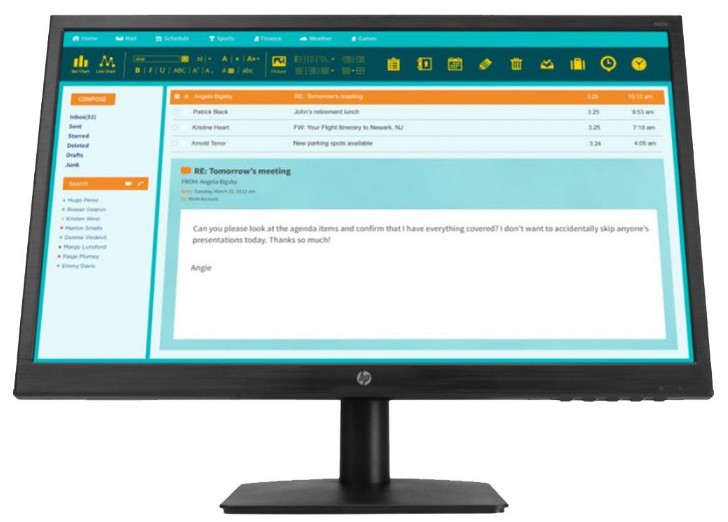
This is what we are going to talk about in this post. We will let you know what should be the correct question. Additionally, we will also answer the correct question with some detailed information making it as simple as possible for our readers.
So, let’s get to the main part…
What Does Htz Stand For – What exactly is Htz?
To be honest, the term Htz is a mis-spelling. The right spelling would be Hz or Hertz. We think now you have already understood why we said the question was incorrect at the beginning of the post. So, the correct question would be — ‘What does Hz or Hertz stand for?’ Now, let’s answer the question.
Hz or Hertz is a jargon that is associated with computer monitors and TVs nowadays. But this is not a new term in any case. For your information, hertz is the unit of frequency. The unit was named in the honor of the 19th-century physicist ‘Heinrich Rudolf Hertz’. And, the abbreviated form of Hertz is Hz.
Simply put, a hertz is the number of waves or cycles or vibrations a particular object makes in a single second. Let’s say, you are playing your guitar. And, when you hit or strum the strings, the strings will vibrate continuously to produce the sound.
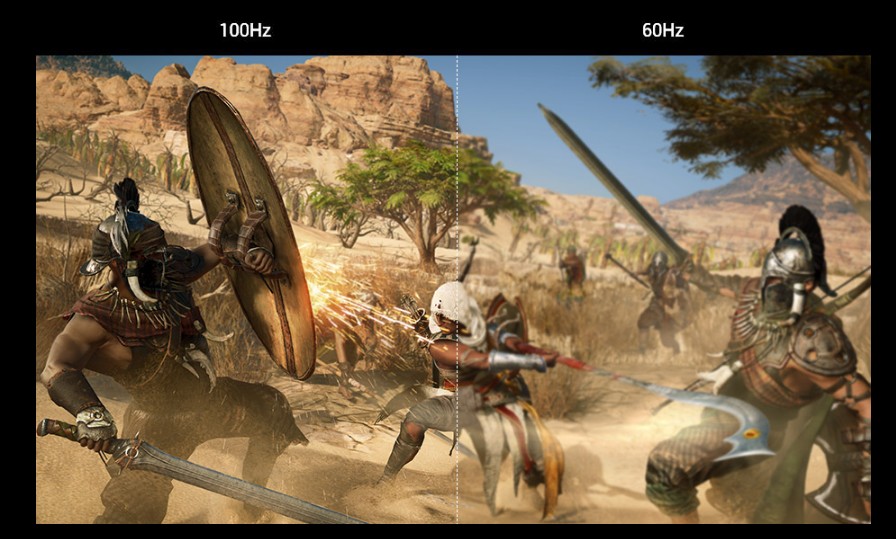
Now, if you could count the vibrations of the strings in a single second, then you would get the frequency of the string of the guitar. For instance, if the guitar strings vibrate 300 times per second, the frequency of this would be 300 Hz.
And, in the case of a display panel, it means that 1 Hz equals to 1 Frame Per Second (FPS). This term is also called as ‘Refresh Rate’.
Now, any monitor needs to refresh or regenerate an image multiple times within a second for displaying it to the observer without any hiccups. Thus, the number of times the monitor can refresh/regenerate an image per second is known as the refresh rate. And it is measured in Hz or Hertz.
For the record, if the refresh rate is low like 30 Hz, then the monitor can refresh an image 30 times in a second. And, that would be a bit low for the human eye.
The transition from frame to frame would not be smooth. However, when you are increasing the refresh rate, it would be smoother and efficient to the human eye. That means the higher the Hz or the refresh rate the higher the monitor refreshes an image per second.
Is Hz or Hertz Important?
Whenever you are looking for buying a new monitor, you will see that each of these comes with a different refresh rate. Some come with 60 Hz, whereas some advanced ones come with 240 Hz.
Matter of fact, Asus recently announced a 360 Hz monitor at CES 2020. That means that particular monitor can refresh 360 frames every single second. That would be insanely smooth, wouldn’t it?
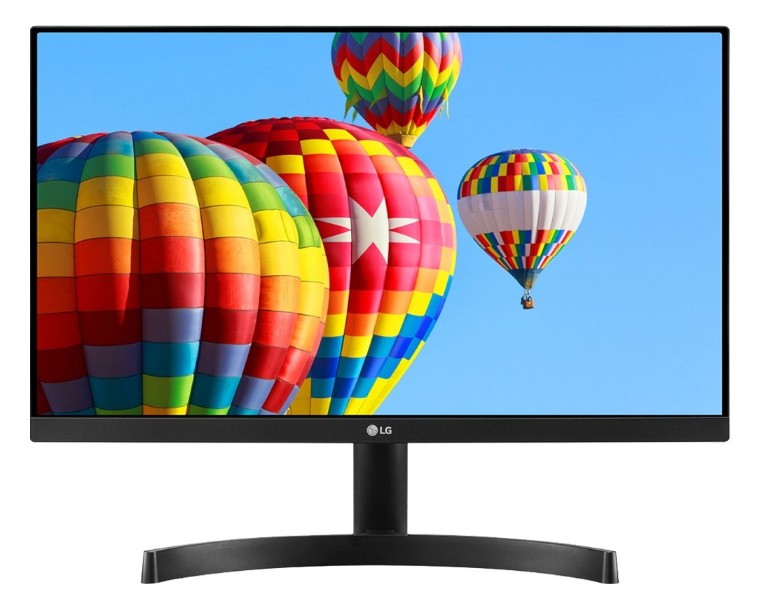
The refresh rate or Hz would be important to the users of the display panel. Because if you get a monitor with a low refresh rate, your user experience would be unsatisfying.
Also, depending on the task and program you are running on your PC, the importance of Hz would vary. We will talk about it in a minute in detail.
So, Yes! Hz or Hertz or the refresh rate of your monitor is very important. However, if you are not a power user, this might not impact you that much.
However, if you are a gamer or have used a high refresh rate monitor, then it would be so hard to use a low refresh rate monitor after that.
Significance of Hz for Gamers:
It would be different for both the console and PC gamers. Here’s why…
PC Gaming:
There are a lot of different types of GPUs and monitors available in the market. One thing to remember is that the refresh rate on your monitor also depends on the source. As you know that the graphics card or GPU renders the image and transfer it to the monitor.
So, let’s say, your monitor has a refresh rate of 120 Hz. But if the GPU is not powerful enough and can’t output 120 Hz, then you would have issues like FPS mismatching, Frame rate dropping, etc.
On the other hand, if your GPU is capable of outputting 120 Hz and your monitor only has a refresh rate of 60 Hz, then the additional FPS would be useless.
That means, your monitor will only be able to show 60 frames per second, even though the GPU is rendering 120 frames per second. And, that is when you will want to buy a monitor with a high refresh rate.
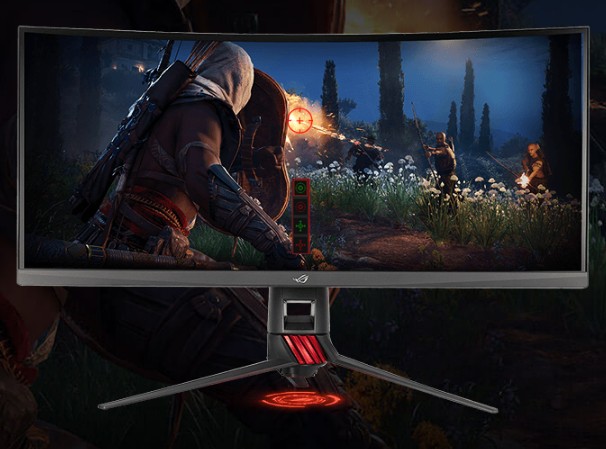
Now, most of the modern GPUs are very powerful and they can handle a high refresh rate without any issues. And, but not all the monitors are capable of handling a high refresh rate.
Only the high-end monitors will come with a high refresh rate. Thus, the price of these monitors would also be higher compared to the usual low refresh rate monitors.
And, if you are a PC gamer, you will want to get the best gaming experience as your GPU can handle a high refresh rate. And, in the case of refresh rate, it is the higher the better.
If you are into playing first/third-person shooting games and fast-paced action games, then you will enjoy a higher refresh rate.
Added to that, most of the modern-day games would be impacted positively with a boost in the refresh rate. Also, your overall user experience will enhance with the addition of a high refresh rate monitor. Thus for a PC gamer, it would be better to go with a monitor that has a high refresh rate.
Console Gaming:
On the opposite, most of the consoles like Xbox One and PS4 can only output up to 60 Hz of refresh rate. That is why you will not need a high-end refresh rate monitor for using with a console. And, in that sense, a monitor with a 60 Hz refresh rate would be enough.
Significance of Hz for Normal Use:
If you are not a hardcore gamer and is already satisfied with the current refresh rate of your monitor, you might not need a new high-performance monitor.
Still, in our opinion, we can say that a high refresh rate monitor will be a lot better and will increase the overall user experience of yours.

So, whether you are using your PC for frequent gaming or just for carrying out normal tasks, we would suggest taking at least a 144 Hz refresh rate monitor. And, if you want the best experience, you can go for 240 Hz as well.
Significance of Hz When you are Buying a Monitor:
When buying a new monitor, you not only have to consider the refresh rate but also a lot of other factors like the resolution, screen size, response time, etc. Now, with the increase of the refresh rate, the resolution of the display would decrease.
For example, the newly announced Asus ROG Swift 360Hz monitor has only a 1080p or 1920 x 1080p resolution.
But when you are increasing the resolution to 4K or 3840 × 2160p, then the monitor with the highest refresh rate comes with only a 144 Hz refresh rate. In that regard, you have to make a sacrifice.
But we would say to go with a higher refresh rate up to at least 144 Hz for overall better user experience. Also, some monitors come with variable refresh rates and overclocking ability.
That allows the user to change the default refresh rate of a monitor on the go. As usual, these monitors tend to be expensive as well.
How Many Htz/Hz Do You Require?
From the discussion above, we can say that it depends on the user and the system you are using the monitor with. For instance, if you need a monitor for gaming, then you would better go with a refresh rate as high as up to 240 Hz. At the same time, 140 Hz would also be a decent choice.
Next, if you are using your monitor for console gaming, a 60 Hz monitor would suffice. Added to that, for enjoying movies or usual videos, you might also be OK with a 60 Hz monitor.
Because most of the streaming services, TV channels, and even movies can’t display more than 30 Hz. Yes, some might handle 60 Hz of refresh rate eventually. So, in that case, you are again better off with a 60 Hz monitor.
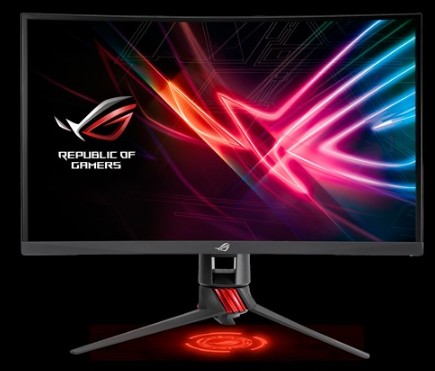
And lastly, for the best experience, you can go as high as possible with the refresh rate of your next monitor. To be noted, the price will also increase with the increase in the refresh rate.
For the record, always try to take a monitor that at least matches up or has more FPS/refresh rate than the source. That way, you are not wasting the extra frames in the rendering process.
Sum Up – What Does Htz/Hz/Hertz Stand For:
Now you know that the word would be Hz or Hertz, not Htz. And, we hope you also know what Htz or Hz stands for. At the same time, we have also shared some insights on this topic related to the monitor refresh rate/FPS/Hz/Hertz.
So that it would clear up any confusion of yours and you will be able to make a wise decision when buying a new monitor. And, we hope this post will help you to upgrade your monitor or increase the performance of your system in a better way.
So, do you already have a monitor with a high refresh rate? Or you want to buy a new high-end monitor? Let us know in the comments down below!